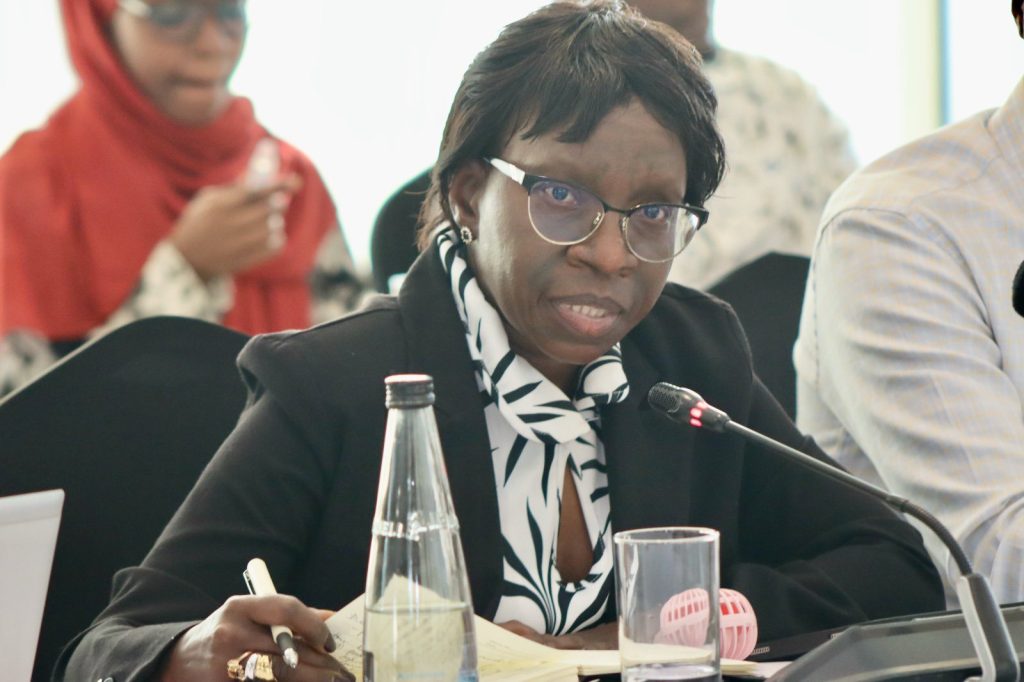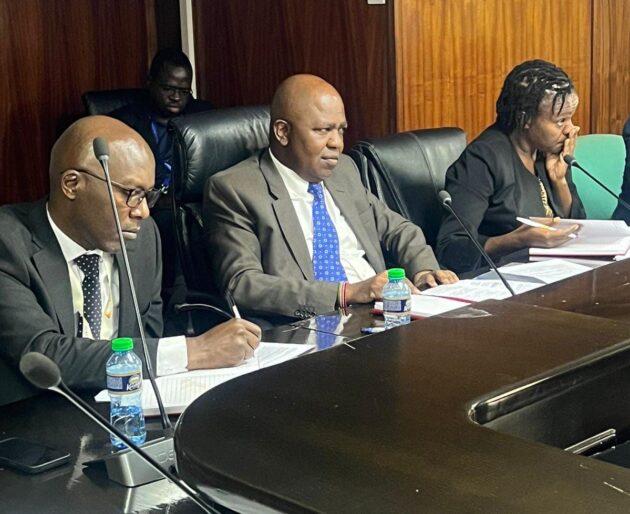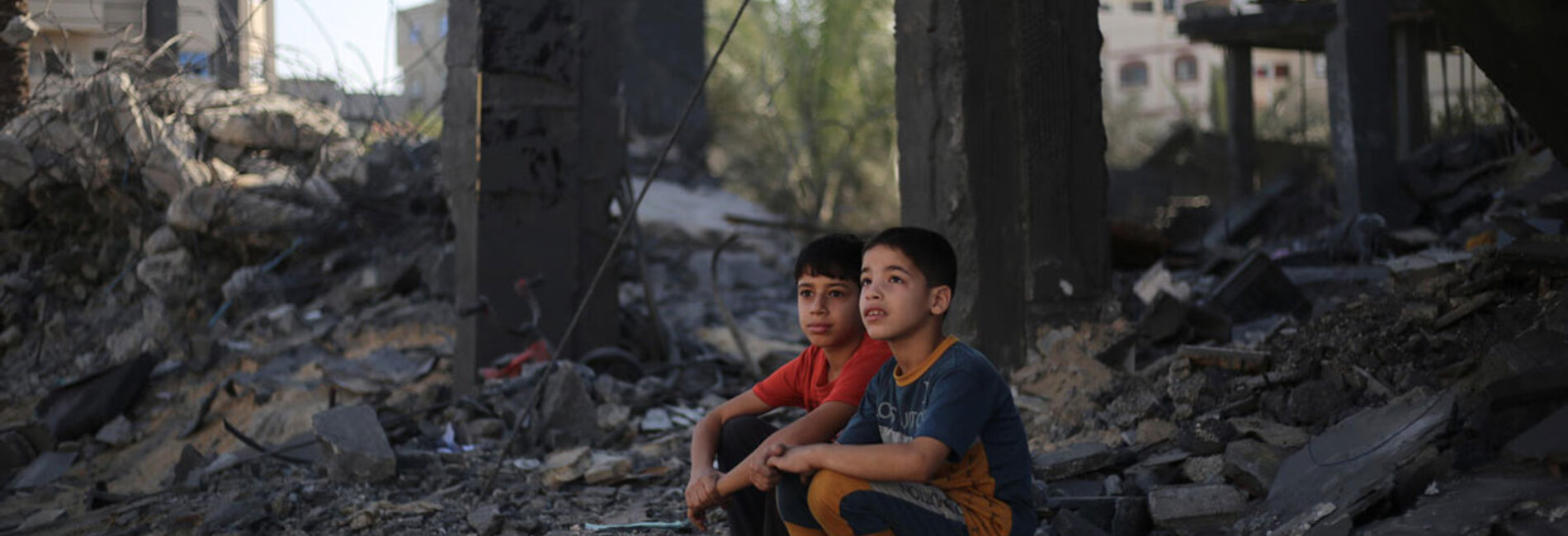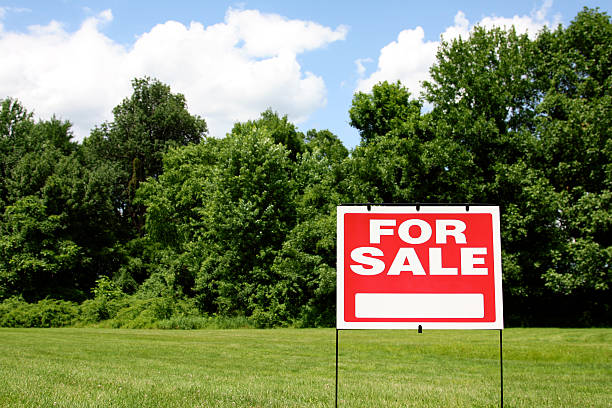TWV Investigations Desk
The Office of the Auditor General has exposed a massive land scandal involving the illegal allocation of 529 parcels of land belonging to the Kenya Railways Corporation (KRC) to private individuals and other government entities across the country. The damning revelations are contained in the audit report for the financial year ending June 2024.
To unlock the full article:
Choose one of the options below:
- Ksh 10 – This article only
- Ksh 300 – Monthly subscription
- Ksh 2340 – Yearly subscription (10% off)
According to Auditor General Nancy Gathungu, parcels of land located in Mombasa, Limuru, Nakuru, and Kisumu have either been illegally acquired by private developers or encroached upon by government departments. Despite efforts by KRC to recover the irregularly allocated plots, a majority of the land remains unrecovered.

“Review of land records revealed that five hundred and twenty-nine (529) parcels of land have been illegally allocated across the country,” the report reads. “Although management has put in place various measures to recover the irregularly allocated land, many pieces of land belonging to the Corporation are yet to be recovered.”
The audit also faulted the Corporation for failing to conduct timely valuations of its land portfolio. This is in direct breach of Paragraph 49 of the International Public Sector Accounting Standards (IPSAS) No. 17 and the KRC’s own finance manual, which requires that assets be valued at least once every five years.
Worse still, the Corporation does not maintain a proper asset register. The register provided to auditors lacked crucial details such as serial numbers, asset locations, land reference numbers, descriptions of the land, and ownership status (freehold or leasehold).
“Assets had not been tagged for identification, contrary to Section 4.11.2 of the Operations and Maintenance Policy on Asset and Liability Management in the Public Sector,” the report notes.
These gaps in asset management have cast doubt on the credibility of the Corporation’s reported land balance of Ksh17.95 billion. The total value of KRC’s property, plant, and equipment stands at Ksh521.6 billion, but the Auditor General says the fair value of the land holdings could not be confirmed.
In a further revelation, the Corporation has also failed to pay Ksh8.3 billion in land compensation to individuals whose properties were compulsorily acquired. No explanation was given for the delay in settling these claims, some of which date back several years.
In Mombasa, parcels of land adjacent to the Mombasa Railway Station, measuring between 0.75 and 1 acre, were irregularly allocated to private individuals who have since developed on the land.
While KRC claimed that the leases were procedural, the auditors noted that no board approvals authorising the leases were provided. The Corporation has since sought the intervention of the Ethics and Anti-Corruption Commission (EACC) to repossess the land.
In Limuru, the report cites nine industrial plots, totalling approximately three acres, at the Limuru Railway Station and another two acres at Kikuyu Railway Station as having been irregularly allocated by the Commissioner of Lands or defunct local authorities. Efforts to recover 27 of these parcels are currently before the courts, and various state agencies, including the Ministry of Lands and the Director of Survey, have been roped in.
In Ziwani, Nakuru County, seven acres of KRC land have been turned into a bus park by the Nakuru County Government. The land was reportedly leased out to private individuals on a 25-year lease, with a Ksh37.4 million premium paid and an annual rent of Ksh13.3 million. Despite this, KRC has not clarified what steps are being taken to reclaim the land or collect the rent.
In Kisumu, the report indicates that several residential units owned by the Corporation have been forcefully occupied by organisations lacking lease agreements, leading to an estimated annual revenue loss of Ksh27.4 million.
The audit paints a picture of an institution in chaos, with no effective mechanisms to safeguard public property. The Auditor General warned that the combination of poor asset tracking, unpaid compensations, and unchecked encroachment is exposing billions of shillings in public property to theft and mismanagement.
As of 30 June 2024, recovery efforts remained inconclusive, with several key files and approvals missing during audit scrutiny.
With the Ethics and Anti-Corruption Commission and the courts now involved, pressure is mounting on the Kenya Railways Corporation to clean up its books and recover lost assets, before more of its land disappears under dubious deals.
[/full]




